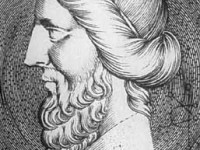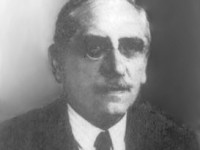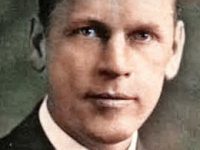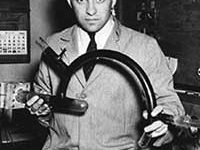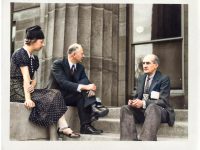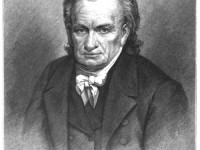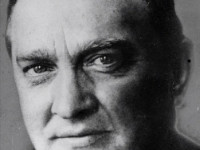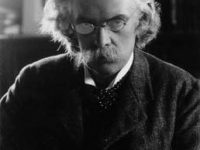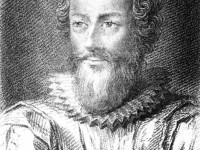Archytas – The Founder of Mathematical Mechanics
At about 428 BC, Ancient Greek philosopher, mathematician, astronomer, statesman, and strategist Archytas of Tarentum was born. A scientist of the Pythagorean school he is famous for being the reputed founder of mathematical mechanics, as well as a good friend of Plato. “That tho’ a Man were admitted into Heaven to view the wonderful Fabrick of the World, and the Beauty of the stars, yet what would otherwise be Rapture and Extasie,…
Read more

